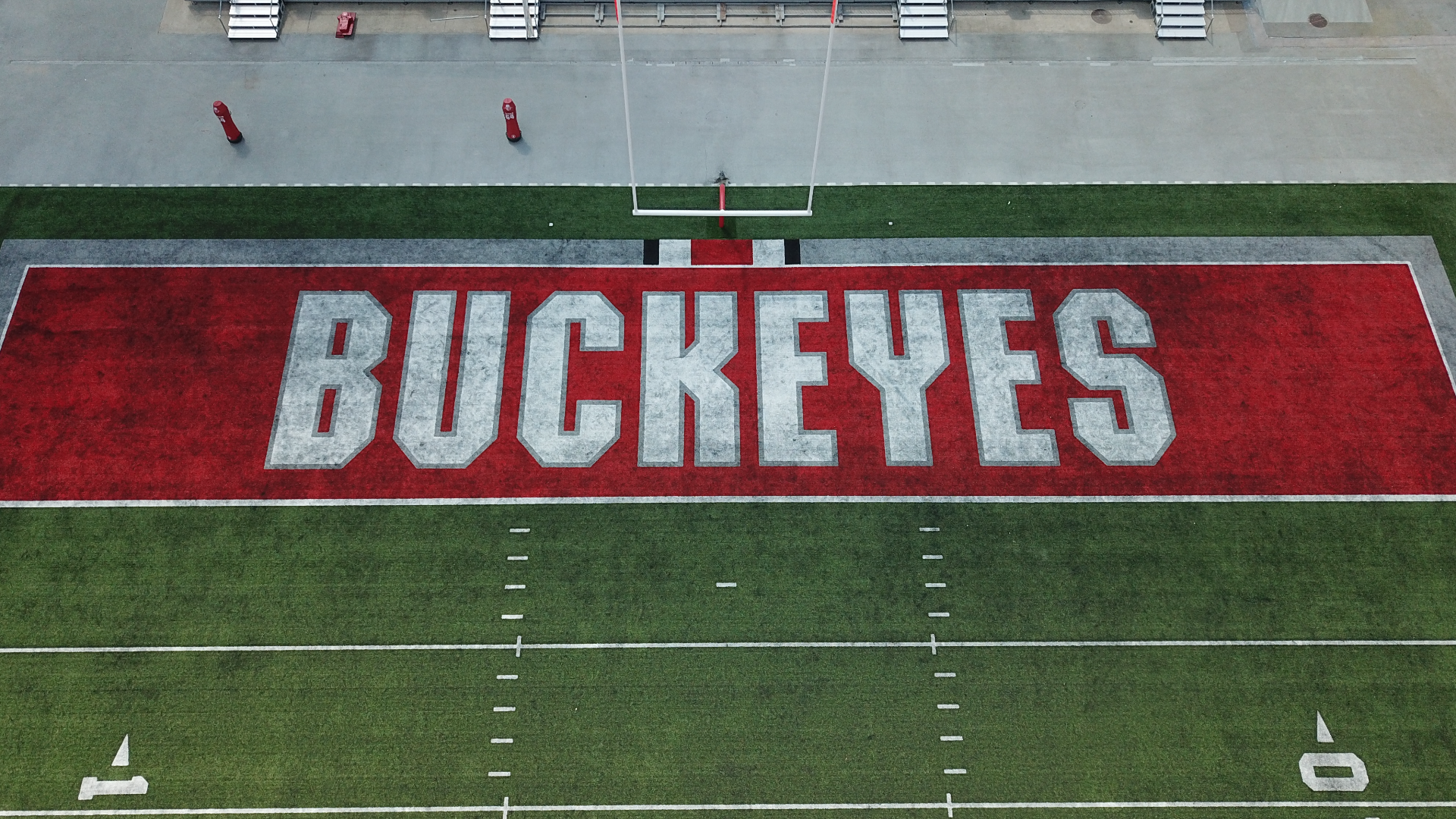COLUMBUS, Ohio — Ohio State's 2010 football season was wiped from the record books when an investigation found that players had received impressible benefits by selling memorabilia in exchange for tattoos.
The 2010 Ohio State football season resulted in a 12-1 record, including a Sugar Bowl victory over Arkansas, before the wins were vacated. Jim Tressel, the head coach at the time, was also implicated in the scandal for failing to report the violations and lying to NCAA investigators.
The NCAA imposed additional penalties beyond Ohio State's self-imposed sanctions, including a one-year bowl ban for the 2012 season and the loss of nine scholarships over three years.
Back then, it was against the law to profit from your name, image or likeness. More than a decade later, the laws of college athletics have changed thanks to the introduction of NIL.
On Tuesday, during a hearing on NIL, Ohio State Athletic Director Rob Bjork was testifying in support of HB 660 which states no state university or private college would be allowed to prevent student-athletes from being paid for their name, image, or likeness, nor for hiring an agent to negotiate such deals. The bill also says schools couldn’t be punished by the NCAA for allowing players to get paid for their name, image or likeness.
Bjork was asked by State Representative Brian Stewart (R-Ashville) about whether NIL rules would allow Ohio State to petition for reinstatement of wins.
"Reggie Bush has got his Heisman back. Penn State sued the NCAA. They got all of their 111 wins back in just three years by the way. So if we are going to expand the law here again, to help Ohio State attract new student athletes, isn't it time for the NCAA to restore those wins and records and for Ohio State to maybe be a little more active in that process?" Stewart asked.
Bjork responded saying, "That's a new conversation for me being new here. Those rule violations would not be violations in today's model. How does that get recognized? I'm not sure, but moving forward a new governance model based on just resources should be applied and we are working on it."
Stewart has raised the issue before. The NCAA did say in a statement last July that it would not reevaluate old violations in light of the rule change, but Stewart believes the total scrubbing of that season's wins and records is unfair to the coaches, players and fans who were not associated with the violations.
You can listen the testimony here.

